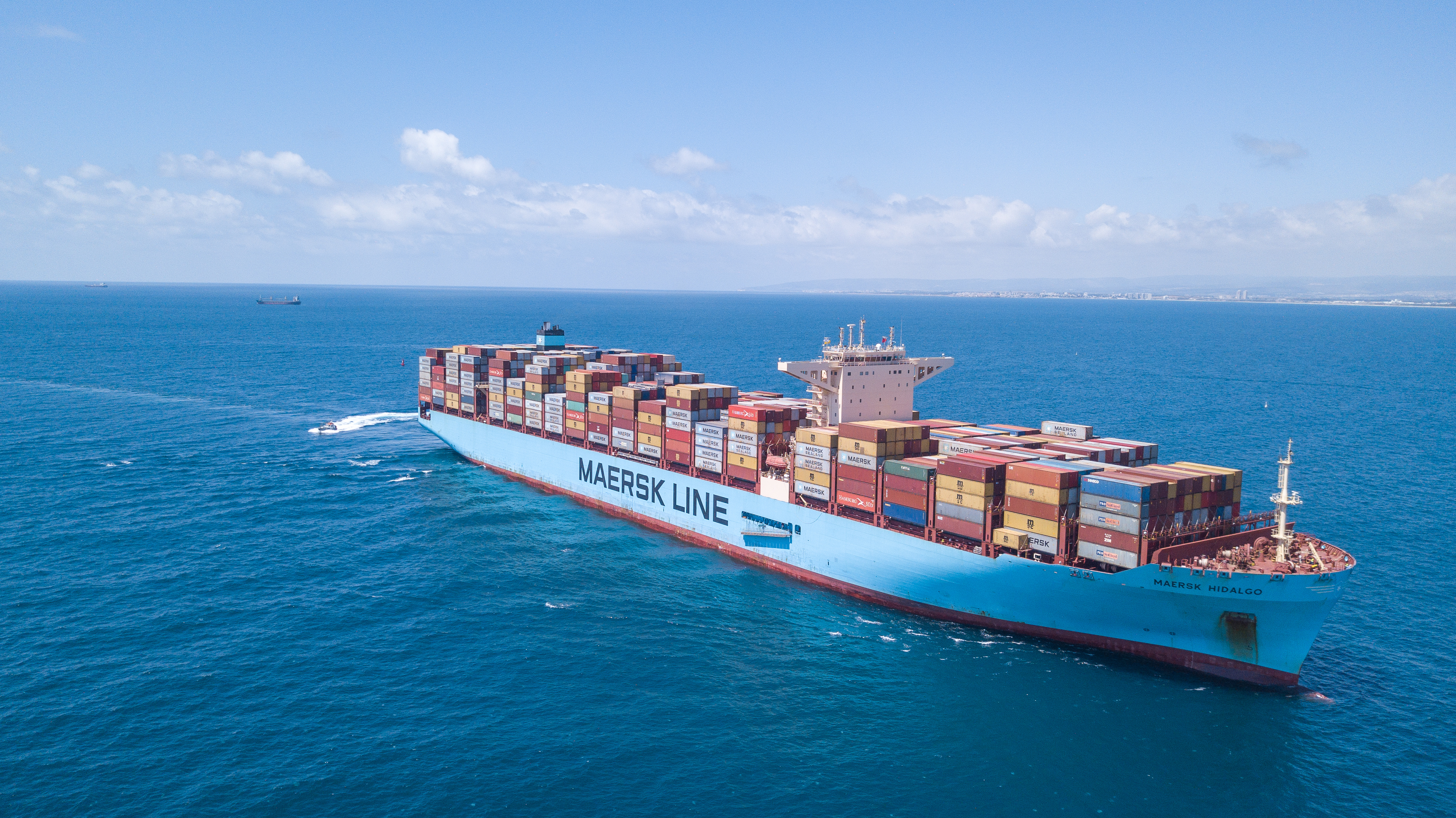
Growth in the international shipping sector is expected to have halved this year as the global economic slowdown and geopolitical issues have hit trade, a new UN report has found.
Research published by the UN Conference on Trade and Development (UNCTAD) puts expected growth at 1.4% this year, down by 1.8% on 2021.
Longer term growth for the 2023-27 period will also be depressed at 2.1% per year compared with an average of 3.3% for the last 30 years, reports City AM.
“The recovery in maritime transport and logistics is now at risk from the war in Ukraine, the continued grip of the pandemic, lingering supply-chain constraints, and China’s cooling economy and zero-Covid policy, along with inflationary pressures and the cost-of-living squeeze,” UNCTAD said in the report.
Tough 2023
After a pandemic surge in consumer spending in 2021 pushed container shipping rates to record high levels, a global economic growth slowdown in 2023 is expected to impact the sector, which transports more than 80% of global trade.
UNCTAD called for investment in maritime supply chains to enable ports, shipping fleets and hinterland connections to be better prepared for future global crises, climate change and the transition to low-carbon energy, reports Reuters.
Secretary general Rebeca Grynspan said: “We need to be better prepared to cope with shocks to global value chains.”
Capacity and rates down
Shipping giant Maersk’s latest Asia-Pacific market update has confirmed that global container volumes are continuing to fall, “with negative growth in virtually all the main markets” and said it was reducing capacity on major ocean trades from Asia as a result.
The Loadstar reports that carriers serving the major trade lane have been obliged to offer their contracted customers “temporary rate reductions” or, in some cases, waive contract terms altogether and allow shippers to book on digital platforms at lower rates.
Threat to globalisation
Meanwhile, the World Trade Oranization (WTO) and International Monetary Fund (IMF) have warned against protectionism, reports Reuters.
IMF managing director Kristalina Georgieva said globalisation was facing its biggest challenge since World War Two in the wake of the pandemic and the war in Ukraine.
“But don’t throw the baby out with the bathwater,” she said. “Don’t pull the plug on trade that makes us all better.”
WTO director general Ngozi Okonjo-Iweala said that breaking the global economy into two trading blocs would reduce global gross domestic product by 5% in the longer term and hit developing countries and emerging markets hardest.



